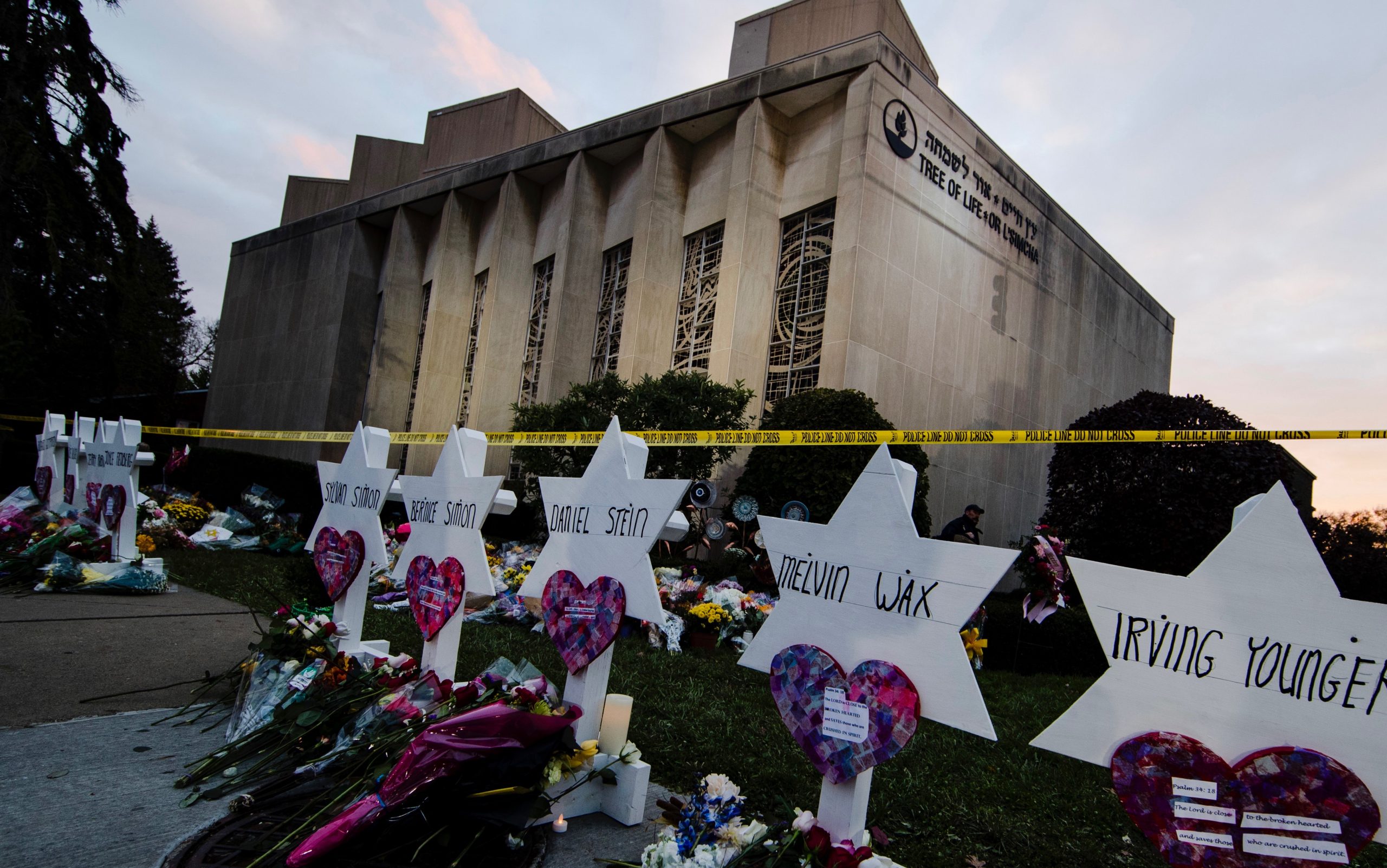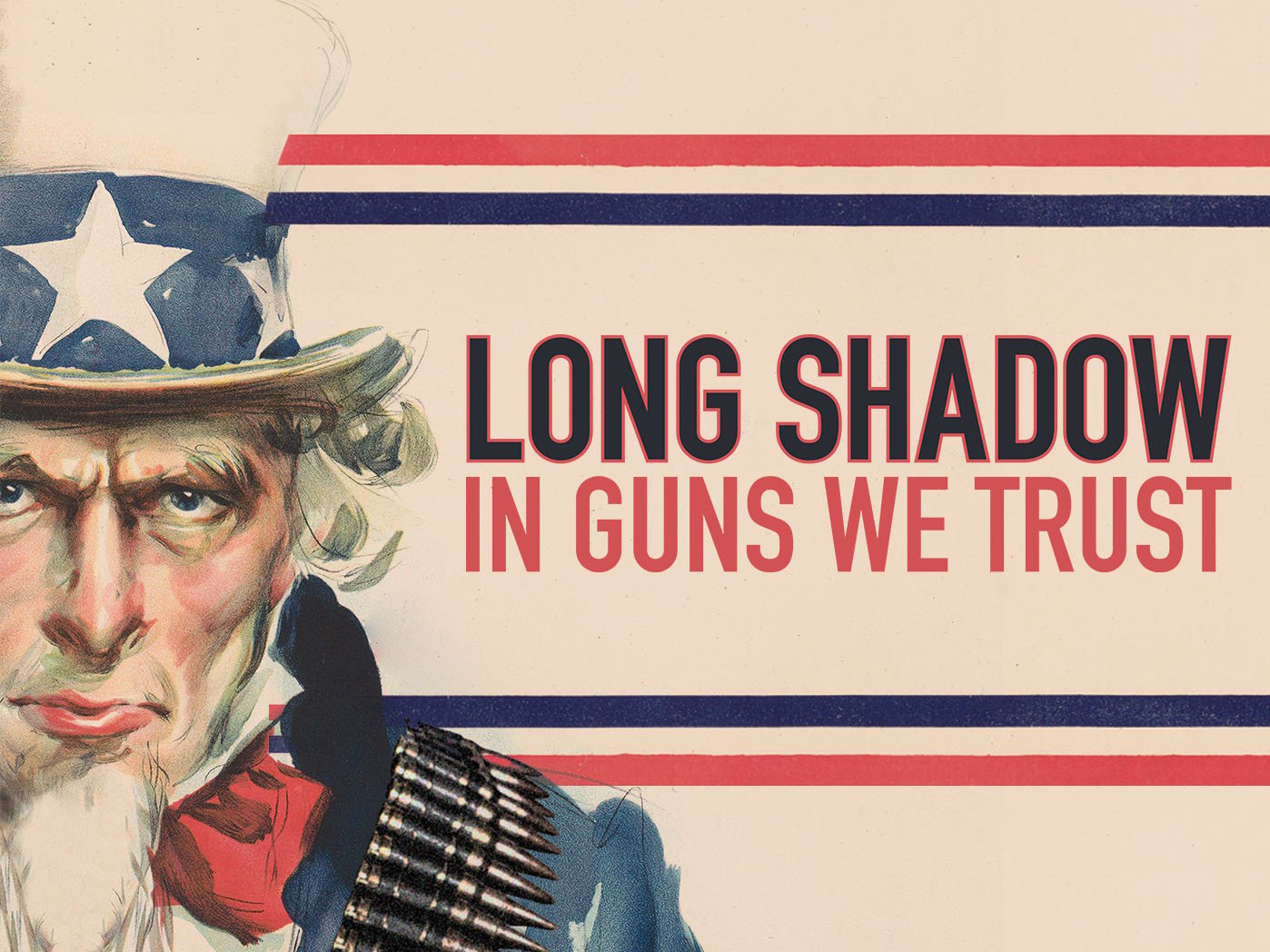Good morning, Bulletin readers. Pittsburgh lawmakers pass a package of gun bills in response to the Tree of Life attack. Researchers examine the phenomenon of workplace shootings. And the Department of Homeland Security has reportedly disbanded a unit devoted to investigating domestic extremism.
Receive this daily news briefing by email every morning. Sign up here.
WHAT TO KNOW TODAY
Pittsburgh passes three gun bills — and the NRA vows to sue. The measures, passed by the Pittsburgh City Council on Tuesday, would limit assault-style weapons and allow courts to seize weapons from individuals who pose an “extreme risk” to themselves or others. The legislation is a direct response to October’s hate-fueled attack on the Tree of Life Synagogue, which claimed 11 lives. Hours after the vote, the National Rifle Association announced that it would help city residents challenge a provision to limit high-capacity magazines. Related: It’s not the first time the NRA has challenged gun laws passed by Pennsylvania cities.
The Department of Homeland Security quietly disbanded a domestic terrorism unit, the Daily Beast reports. Last year, the department reassigned a number of analysts who were monitoring homegrown violent extremists. Since then, officials say that the DHS has produced significantly fewer analytic reports on domestic terrorism. At the same time, the threat of homegrown terror, including from white supremacists, has grown. From The Trace archives: Guns are the weapon of choice for violent members of the American far right, and attacks perpetrated with firearms are far deadlier than those perpetrated with bombs.
More than 1,553 people were killed in workplace shootings in America between 2011 and 2015. That number, from a new Johns Hopkins University study, does not include law enforcement officers killed in the line of duty. Many of the cases that researchers analyzed stemmed from interpersonal conflicts and were perpetrated by people who came to work carrying weapons. The researchers concluded that restricting access to firearms in businesses could reduce workplace homicides.
A sweeping gun reform proposal is under consideration in Oregon. Lawmakers held their first hearing yesterday on a 44-page bill that would place limits on untraceable “ghost guns,” require gun owners to store weapons securely and report stolen firearms, and ask hospitals to provide state officials with firearm injury data, among other things.
March for Our Lives activists show solidarity for Miami’s Hunger 9. Teens from the March for Our Lives gun reform movement on Friday visited the group of Miami men shortly before they concluded their three-week hunger strike, which was designed to call attention to the rising levels violence in their neighborhoods. At a joint news conference, a teen activist called the fast an “example of actual grassroots activism…that actually cares about the community.”
A suspect in the shooting death of the rapper and entrepreneur Nipsey Hussle was arrested. Los Angeles police say Eric Holder, 29, approached Hussle in the parking lot of the rapper’s clothing store before shooting him. They say Holder, who was taken into custody yesterday, was known to Hussle and that the shooting stemmed from an argument between the two men.
A Seattle man who shot four people last week says he was blackout drunk during the attack. The shooting rampage left two dead and two others wounded, including a second-grade teacher. In response, the city’s mayor said more should be done to keep guns from people with substance abuse problems. Related: In Nevada, if your blood alcohol level is 0.08 percent, you’re too drunk to drive, but you can still carry a gun. A new bill is trying to change that.
ONE LAST THING
Trauma specialists want ‘Stop the Bleed’ to become the next ‘Stop, Drop, and Roll.’ The protocol, developed by the American College of Surgeons, trains civilians in lifesaving bleeding control techniques similar to those used in the military. As public mass shootings become more widespread, Stop the Bleed trainings have become commonplace in schools, workplaces, and places of worship across the country. The aim, one trainer said, is to give bystanders the tools they need to treat injuries in the critical moments before first responders arrive, and to help people realize “that they can actually save a life.”

